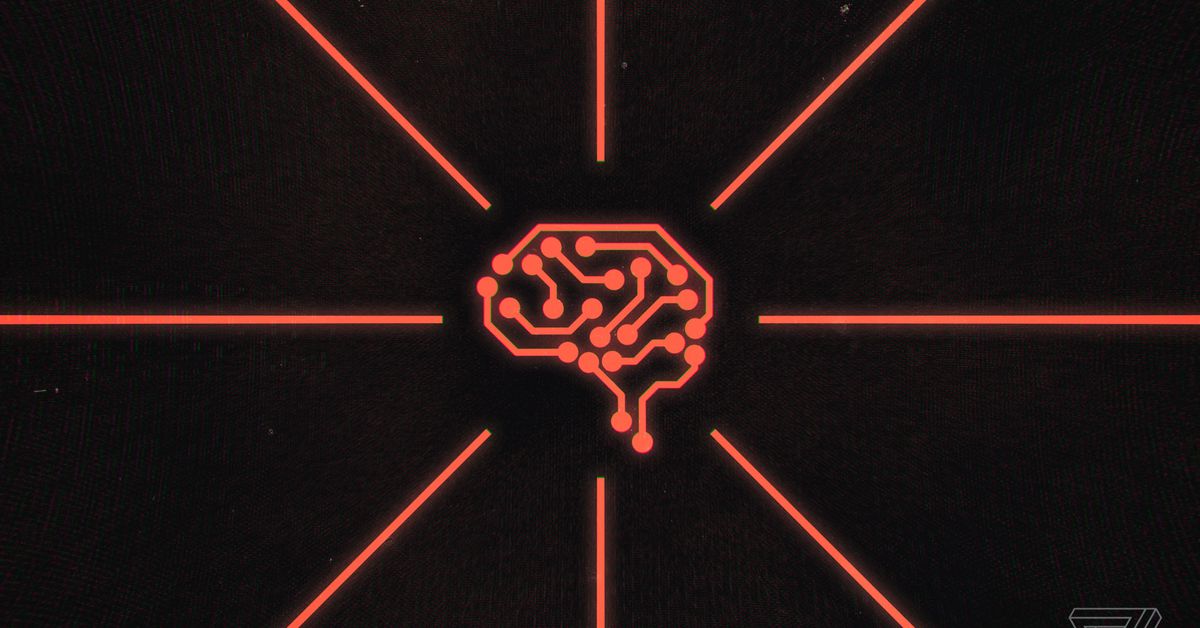- cross-posted to:
- technology@lemmy.world
- cross-posted to:
- technology@lemmy.world
AI companies have all kinds of arguments against paying for copyrighted content::The companies building generative AI tools like ChatGPT say updated copyright laws could interfere with their ability to train capable AI models. Here are comments from OpenAI, StabilityAI, Meta, Google, Microsoft and more.



Neither of these are necessarily true, and the first one is even demonstrably false given the amount of copyrighted content that can be freely accessed online.
That depends highly on your definition of “novel invention”. Given that GenAI can be given randomised noise as input to create something from, it’s highly debatable if GenAI is truly “incapable” of novel invention. And even then, it’s possible to provide prompts describing a novel style (e.g. “oil painting with thick, vibrant streaks of colour” or something), so a human + GenAI together may well be capable of novel invention. I don’t recall the last time a human was able to create something that could not be expressed in previously existing words at all. You can describe Van Gogh without using his name, or describe a Picasso without using named art styles. Yet we consider their works novel, no?
Even if AI only trained on non-copyrighted art, this would still be true. It might set the AI companies back a year or two, but AI art generation is here to stay and will threaten artists’ incomes. These lawsuits are only really stalling tactics to delay the inevitable.
I can’t predict if they’re going to win their lawsuit or not, nor do I know if they should. But the artists’ salvation won’t lie in copyright law, I know that much.
It’s called outsider art.
If this is true then they have no excuse to continue to consume copywritten content. Given the extreme pushback from the companies involved, I think is clear that this isn’t true.
Outsider art can be explained using words. It’s certainly strange art, but not necessarily something that’s “unpromptable”.
AI companies mostly push back because dealing with copyright is very expensive, not because it would necessarily take a very long time. Google and Microsoft likely already have a sizeable library of copyright-free art they could use, but using everything is just more efficient and much, much cheaper.